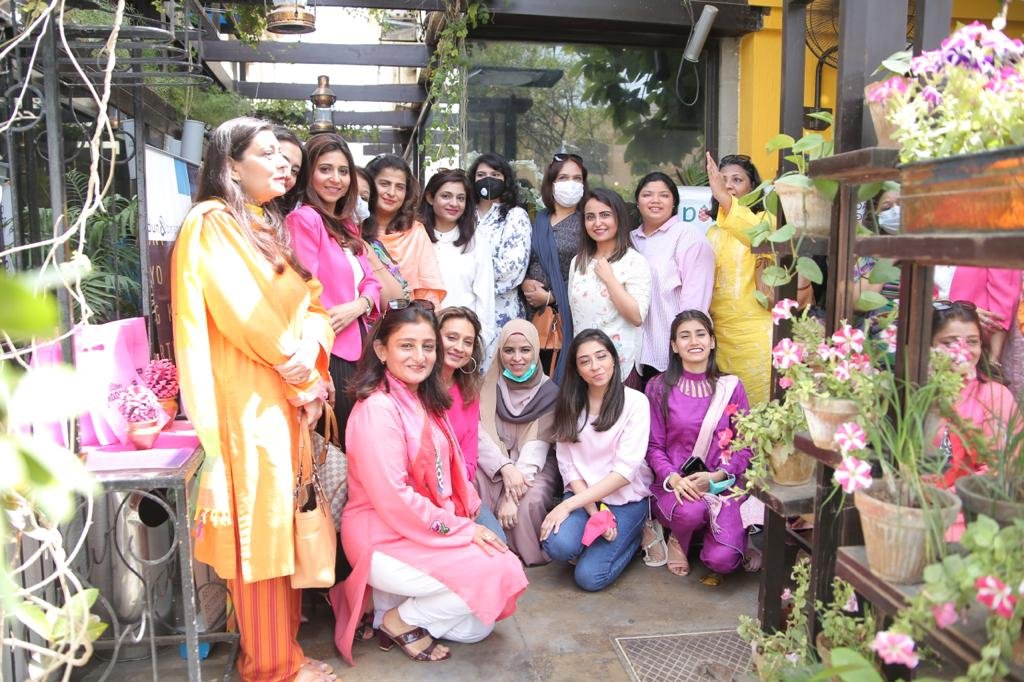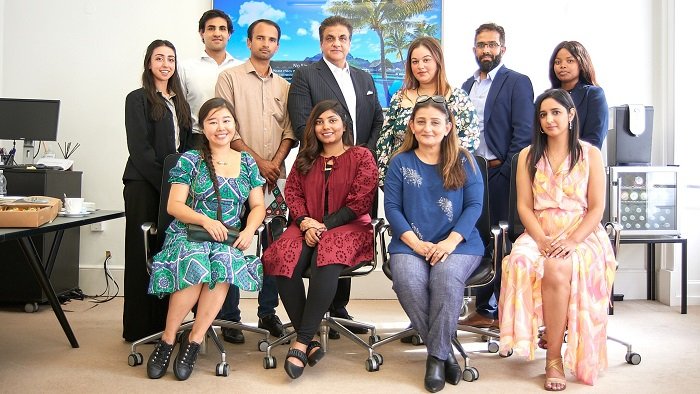Pakistan faces a stark reality: it ranks 148th out of 148 countries in the World Economic Forum’s Global Gender Gap Report 2025. Yet, amidst these challenges, a coalition of visionary women has risen to redefine Pakistan’s economic future. The PINE Global Community, a network spanning three continents, six countries, and over 1,800 members, has introduced a comprehensive policy framework that places women and youth at the centre of economic transformation.
At the helm is Erum Masood, Founder of PINE Global Community and seasoned international consultant, who envisions entrepreneurship, technology, and sustainable development as the cornerstones of Pakistan’s progress.

Leading Voices Behind the Framework
The initiative draws strength from a multidisciplinary team of leaders:
- Dr. Asma Abbas – Academic and activist shaping knowledge for the Global South.
- Dr. Samina Zehra – Economic Minister at Pakistan High Commission London, with proven public policy impact.
- Ambreen Kokab Shah – Digital transformation consultant, specialising in AI and analytics.
- Sana Kardar – Biomedical scientist and advocate for women’s health and well-being.
- Misha Irshad & Hina Sohail – Healthcare and holistic empowerment specialists.
- Rabia Aamir & Uroosa Ali – Entrepreneurs driving women’s business initiatives.
- Ghinaa Khan & Fakiha Fatima – Advocates for educational reform and environmental sustainability.
- Shomaila Roohi – Development expert championing disaster risk reduction and community resilience.

Addressing Pakistan’s Gender Gap
The framework directly confronts critical barriers:
- Unpaid Care Work: Women spend three hours daily on unpaid labour, unaccounted for in GDP.
- Financial Inclusion: Only 18% of women have bank accounts compared to 51% of men.
- Technology Leadership: Women hold just 5% of leadership positions in the tech sector.
Key Strategies and Objectives
The framework outlines a five-year roadmap with measurable goals:
- Establish entrepreneurial ecosystems for women and youth.
- Enhance digital skills and financial literacy.
- Develop inclusive curricula to prepare women for innovation-driven roles.
- Foster partnerships across government, private sector, and NGOs.
The long-term vision targets a 25–30% annual increase in sustainable startups, significantly contributing to Pakistan’s GDP while positioning the country as a regional hub for innovation-led growth.
Aligned with Global Commitments
This initiative aligns with the United Nations Sustainable Development Goals (SDGs), particularly:
- SDG 5 – Gender Equality
- SDG 8 – Decent Work & Economic Growth
- SDG 4 – Quality Education
- SDG 9 – Industry, Innovation & Infrastructure
Future steps include establishing the National Entrepreneurship Education Board, dedicated funding, pilot projects in major urban centres, and eventually expanding digital infrastructure to rural areas.
A Blueprint for Regional Transformation
The PINE Global framework is more than a policy—it is a blueprint for transformative change. With its foundation in collective wisdom and lived experiences, it seeks to make Pakistan a model for other emerging economies, proving that women entrepreneurs are powerful catalysts of inclusive growth and sustainable development.
Credits: Introductory Narrative of the Policy Document by Sana Kardar

Fahad is an entrepreneur and a marketing enthusiast who loves to write on trending topics. He loves travelling & playing tennis is what he does in his leisure time. He tweets @fahad164.
Email:- fahad164@gmail.com , fahad@themediaparadigm.com











